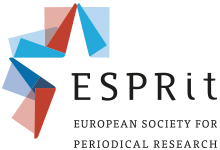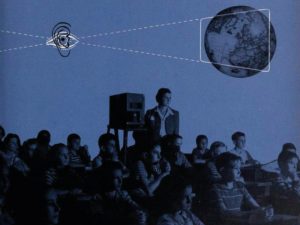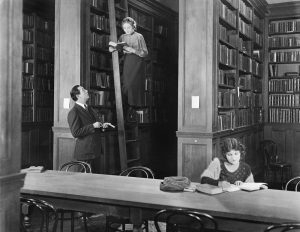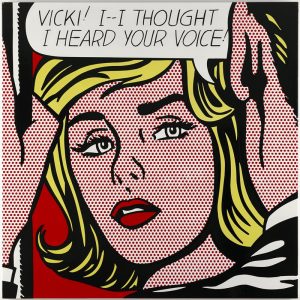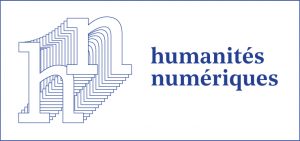Appel à communications |Musicalité et politique : de l’Antiquité à nos jours
Appel à communication pour la journée d’études doctorales “Musicalité et politique : de l’Antiquité à nos jours”
Université Saint-Quentin-en-Yvelines
Retour des propositions au plus tard : le vendredi 26 février 2021
Réponses au plus tard le : vendredi 12 mars 2021
Date de la journée d’études : le mercredi 12 mai 2021
Télécharger l’AAC en français
Télécharger l’AAC en anglais
Modalités :
Cette journée d’études se veut pluridisciplinaire et ouverte à différents champs de recherche issus
des sciences humaines et sociales (anthropologie, histoire, sociologie, histoire de l’art, musicologie,
lettres, histoire sonore, droit, langues, etc.).
Cet appel à communications est ouvert à tous les doctorants et jeunes docteurs ayant soutenu leur
thèse ces dernières années, en France ou à l’étranger.
Les communications se feront en français ou en anglais. Les propositions de communication (500 mots environ) sont à envoyer, accompagnées d’une courte présentation de l’auteur (comprenant le titre, la discipline de la thèse, l’année de soutenance le cas échéant ainsi que l’université ou l’organisme de rattachement, sa bibliographie) au plus tard le 26 février à l’adresse suivante : doctorants.chcsc@gmail.com
Comité scientifique : Etienne Anheim, Anaïs Fléchet, Pauline Lemaigre-Gaffier, Vincent Puech, Jean-Claude Yon.
Comité d’organisation : Anaïs Blesbois, Mahaut Cazals, Raphaël Devred, Marie-Anne Jagodzinski, Jean-Félix Lapille, Alejandra Orias Vargas.



